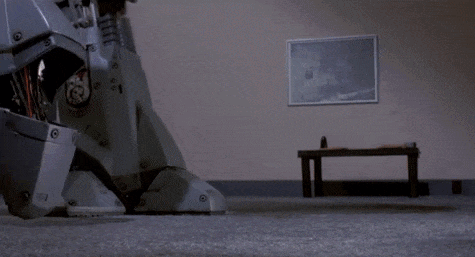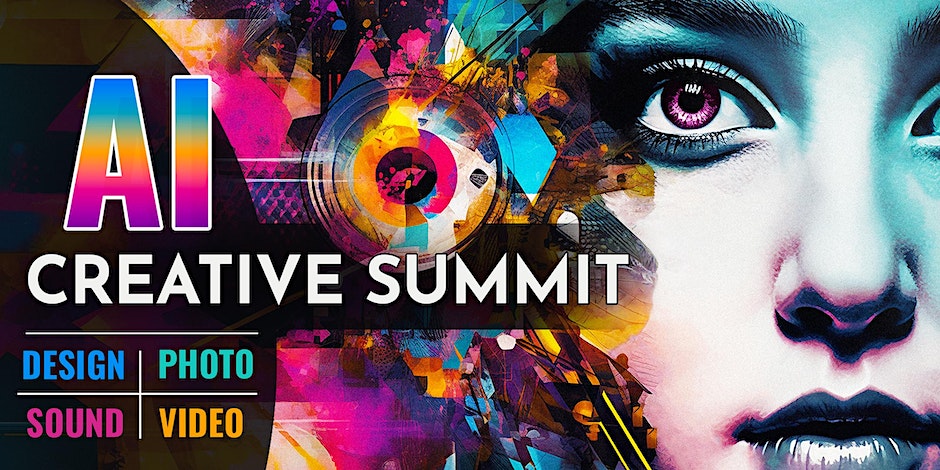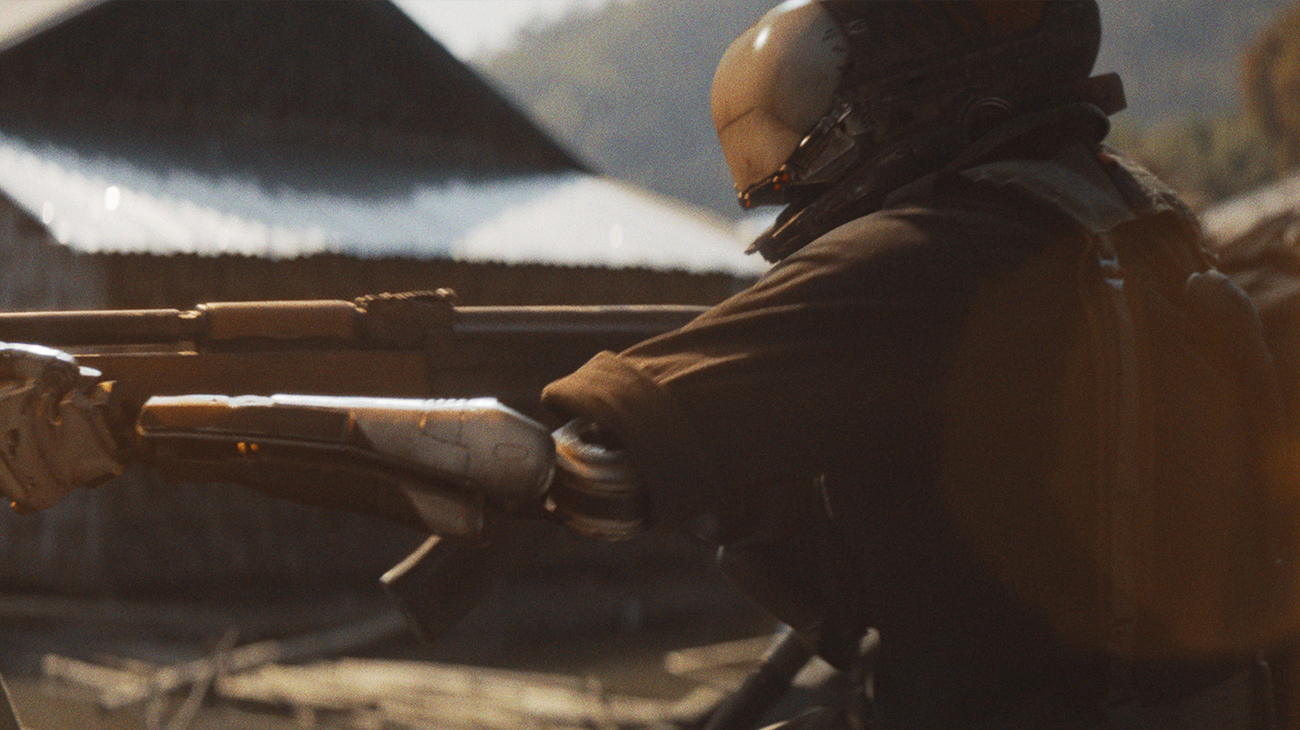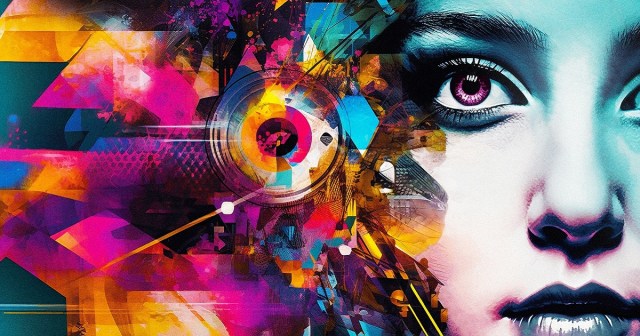
TL;DR
- The speed at which AI is advancing has shocked most experts in the field but others think our fear is misplaced and that actually there’s a lot to be optimistic about.
- By 2027 nearly a quarter of the workforce will be disrupted by AI in some form — but that means augmented or assisted by AI, not necessarily automated.
- AI is not a single entity but best thought of as a plurality of AIs, each with specific jobs, some of them will have consciousness.
The speed at which AI is advancing has shocked most experts in the field but others think our fear is misplaced and that actually there’s a lot to be optimistic about.
One of them is futurist Sinead Bovell, who contends the current foothills of AI are like the internet in the early ages of email.
“Since we don’t really know how things are going to transpire how things are going to evolve we’re tuning in a lot to Hollywood’s version of the future. Of course, some dystopian futures are possible but I don’t think that’s where we necessarily have to end up,” she said. “There are a lot of amazing people working on things like AI safety, and alignment. So I think we have a we have a good shot, if we can get our act together.”
Bovell was speaking on the “Futurists” episode of Bloomberg’s AI IRL podcast, where she predicted that nearly a quarter of the workforce will be disrupted by artificial intelligence over the next five years. But that doesn’t necessarily mean their jobs will be eliminated by automation — more like augmented by AI.
“For sure, certain tasks will get automated, but that’s different than an entire job,” she says. “It doesn’t matter what job you’re in, you have to figure out how to start using AI tools. Over the next 15 years, most of the jobs [impacted by AI] probably haven’t been invented yet — like a social media manager didn’t exist 15 years ago. And now, if a company doesn’t have one it’s toast.”
Proclaiming himself to be “very excited” and “incredibly optimistic” about the future of AI, Kevin Kelly — a senior Maverick at Wired — likens the transformative power of AI to electricity, the printing press, and even language.
“I’m optimistic because so far the benefits certainly outweigh whatever negatives and problems there are,” he told Bloomberg in the same episode. “I think that the problems are smaller, and fewer than we think [and] I think our capacity to solve the problems are greater than we think. So just as AI’s problems are new and powerful, our ability and will to solve them is also increasing.”
Nor does he think that the change of AI on society will happen as fast as some fear.
“This a centuries-long journey that we’re on. We’re gonna be having this conversation for the next century. So we have time to adjust and we’re already rapidly adjusting to these things as [new versions] come out within months. The versions are incorporating the objections that people have — whether it’s copyright or bias — and that’s one of the reasons it gives me optimism about our ability to control this as we go forward.”
Kelly points out that AI is not a monolithic entity.
“There are going to be many AIs, many varieties, many species [of AI]. We’re seeing that happening already. The kinds of AIs that might drive your car can be different from the ones that are doing the translation from one language to another in real time, which might be different than the ones that you’re using to make an image. We certainly can generalize some aspects of them but I think it’s very important to make sure that we talk in plurals.”
Some of these AIs are going to be conscious, he predicts, but this will be added in deliberately by humans for specific use cases.
“Some of them may have a little bit of consciousness [but] it’s not binary, it’s kind of a gradation with many varieties. Consciousness is not necessarily something we’re going to put into most AIs, because it’s a liability in most cases.”
You Might Also Like
- Artificial Intelligence: Understanding the Potential for Media & Entertainment
- Amy Webb: What’s the Future of Media? Personalized, Participatory, and “Push Button”
- “Blade Runner” Tech Revisited: Honestly, Seems About Right
- “Minority Report” and Our Paranoid Panopticon
- “The Fifth Element:” Its Vision of the Future May Not Be Prescient, But It Is Definitely a Party






